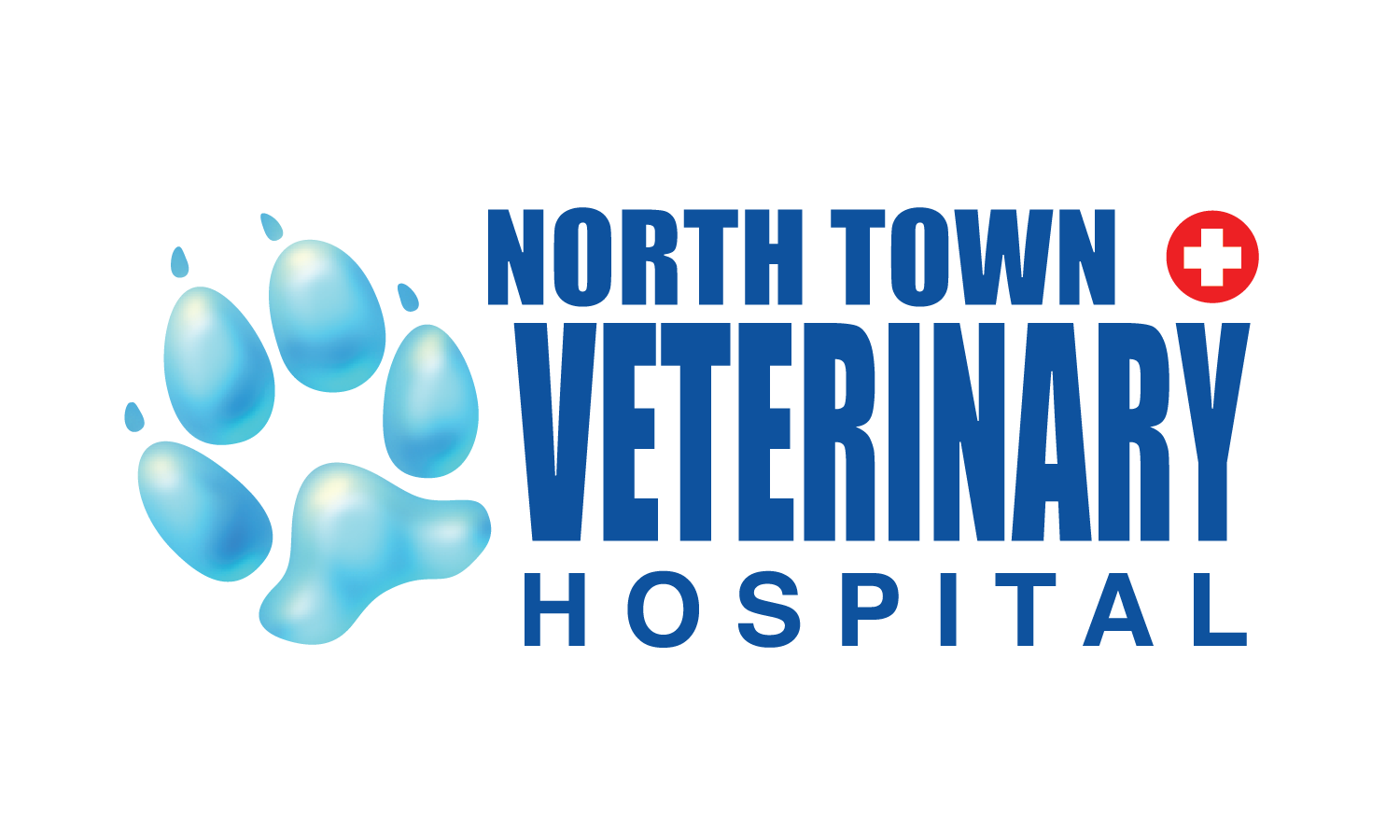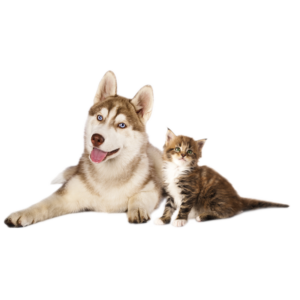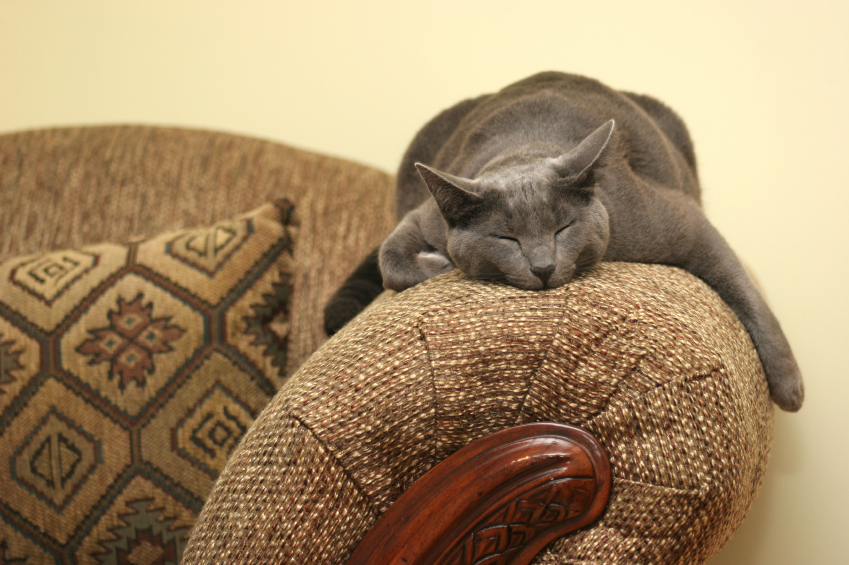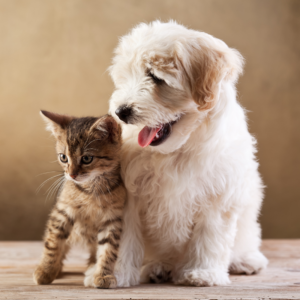Feline Chronic Kidney Disease is a progressive disease that is most commonly affecting older cats; over time there is a gradual decline and deterioration due to this disease. The rate at which deterioration occurs depends on each feline as an individual. Kidneys are responsible for producing hormones, regulating electrolytes, maintaining fluid balance in the body, and excreting waste products (through the urine). In CKD (Chronic Kidney Disease) all these processes are affected as they are not completed as they should. Unfortunately CKD is not a reversible disease but there are treatments, and support that can prolong the life of your feline by slowing this disease down.
Signs of CKD can be non-specific, and some can appear subtle and very mild. Some appear from an increase of toxins in the blood, as other signs can appear from the body trying to adapt to this chronic disease.
Increased urine production occurs because; felines begin to lose the ability to concentrate their urine with CKD so drinking more is to compensate for this.
Most commons signs;
- Weight loss
- Increased thirst (Called Polydipsia)
- Lethargy
- Increased urination (Called Polyuria)
- Poor coat
- Weakness
- Bad-smelling breath (Called Halitosis)
- Vomiting
- High blood pressure (Called high blood pressure)
- Anemia
Diagnosing CKD is done by collecting blood and urine samples at your veterinarian clinic. They are analyzed either on site, or sent out to a lab to review the results.
There are two substances that are analyzed in the blood sample; urea and creatinine; these are by-products of metabolism that are excreted by the kidneys. In CKD there will be an increase of these substances, so a urine sample is done at the same time and the urine concentration is usually low. Blood tests can also show hyperphophataramia (high blood phosphate), hypertension (high blood pressure), anemia, and hypokalamia (low blood potassium) all common of a feline having CKD. Some other tests like x-rays, and ultrasound can be used as diagnosis depending on the pet. Increased protein loss in the urine called ‘protein to creatinine ratio’, are used as a marker of progressive CKD in felines.
Early diagnosis of CKD:
CKD is such a common disease in cats. Routine screening of all mature and older cats can help early diagnosis, and may prolong a good quality of life. Yearly or twice yearly routine veterinary check-ups are important, and as your cat begins to get older it is more important. Urine samples, and body weight are monitored at each visit. A declining urine concentration or body weight may be early signs that CKD is developing and that further investigations should be done.
Treatment for CKD is symptomatic and supportive if a specific cause for CKD is found (bacterial infection of the kidneys). Many felines require initial intravenous fluid therapy to correct dehydration and perhaps electrolyte abnormalities, but once stable treatment is aimed at supporting kidney function and minimising the complications of CKD. Despite therapy, CKD cannot be reversed and in most cases will also progress over time. Optimal management of renal failure usually requires repeat blood and urine tests as well as blood pressure assessment all to identify any complications as they arise. For example; anaemia, low potassium, high phosphate, urinary infections, and hypertension.
Dietary modification is important in cats with CKD to improve quality of life and slow progression of disease, but other treatments may be valuable also depending on individual needs. Sometimes multiple drug therapies may be needed, but if it is difficult to administer to your feline you can always book an appointment with your local veterinarian to have the medications administered.
Felines with CKD are more likely to become dehydrated. Maintaining a good fluid intake is very important, so keeping fresh water available at all times may help to slow progression of CKD. As cats obtain much of their water intake from their food, cats with CKD should be fed tinned foods rather than dry foods.
Treatment of nausea and vomiting are more common in more progressed CKD. Progressed CKD will cause felines not to want to eat, and can significantly affect quality of life. Many drug therapies can be used to control the signs of vomiting and nausea.
Despite the efforts to maintain normal kidney function, this disease will eventually result in the kidneys continue to fail. Sadly, CKD will eventually lead to euthanasia. The rate of progression completely depends on each individual feline, and supportive care as well as treatment will slow down progression, and increase the quality of life for cats. Feline Chronic Kidney Disease is not the end of your cat’s life as it stands, with much love and care, and working with the team at North Town Veterinary Hospital we can do our best to keep your furry friend as comfortable and healthy as possible.




